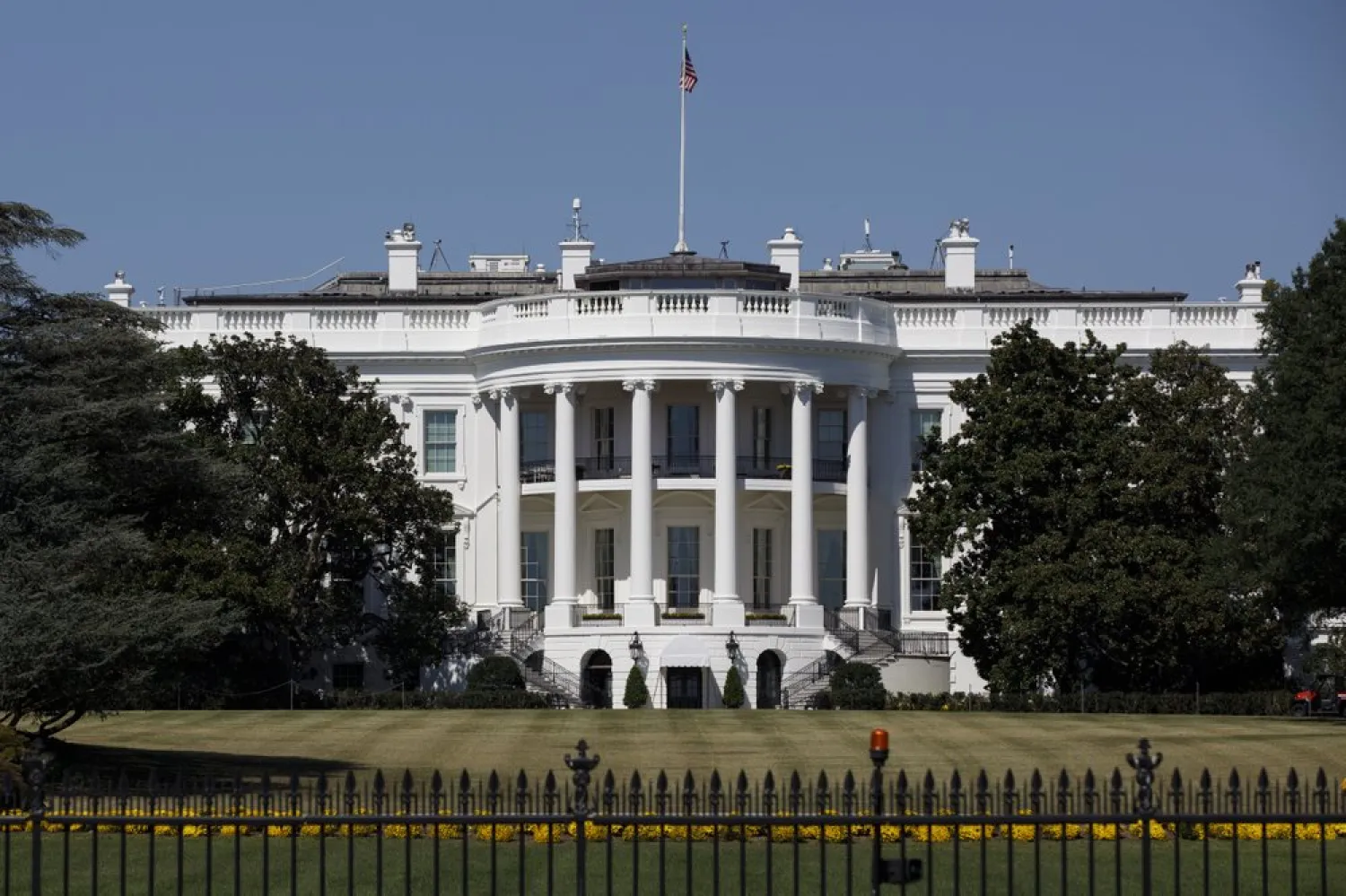US military veterans and their families called on the Biden administration Thursday not to release frozen funds to Iran as part of nuclear negotiations until US victims of terrorist attacks carried out by the Tehran regime or its proxies are compensated.
More than 1,000 veterans and family members of those killed or wounded in bombings and other attacks in Iraq and elsewhere asked President Joe Biden in a letter to meet with some of the families whose loved ones were killed, reported NBC News.
“We share your view that Iran must never be allowed to develop or acquire nuclear weapons, but we do not believe that any sanctions on Iran should be lifted or suspended that result in the release of frozen funds until all outstanding judgments and pending claims against Iran and the IRGC [Iranian Revolutionary Guard Corps] have been fully satisfied,” said the letter, which was obtained by NBC News.
“In our view, Iran’s frozen funds should go first to the regime’s American victims before a single dollar goes to the regime itself,” it added.
The letter estimated that $60 billion in terrorism lawsuit judgments and associated liens have gone unpaid because of US court cases against Iran, with billions more tied up in pending claims.
Iran has denied playing any role in the attacks. American officials have accused Iran-backed militias of killing hundreds of American troops in the Iraq war.
The Iranian regime owes around 53 billion dollars in nine unpaid court judgements to American victims of its terrorism.
Iran has refused to pay its dues, which is weighing heavily on its ties with the United States and its opportunities to expand trade with Europe and other countries that have frozen Iranian assets in response to American court orders.
Meanwhile, several observers said that if Iran agrees or is forced to agree to settles these cases, as Libya did in the Lockerbie case, then it could act as a significant deterrent in preventing similar Tehran-sponsored atrocities in the future.
Throughout the nuclear talks, Iran has demanded that the US unblock billions of dollars around the world that have been frozen by US sanctions.
The US and European powers have reported modest progress in talks with Iran in Vienna over reviving the 2015 nuclear deal, which was designed to prevent Tehran from building nuclear weapons.
Meanwhile, the Treasury Department said this month that it would allow South Korea to send at least $63 million in overdue damages to an Iranian company. US sanctions had blocked the money, and Iran has been seeking access to billions of dollars frozen in South Korea and other countries, reported NBC News.
The move followed talks between South Korea’s deputy foreign minister, Choi Jong-kun, and the US special envoy for Iran, Robert Malley. Iran says the US has blocked about $7 billion in South Korea related to oil shipments.









